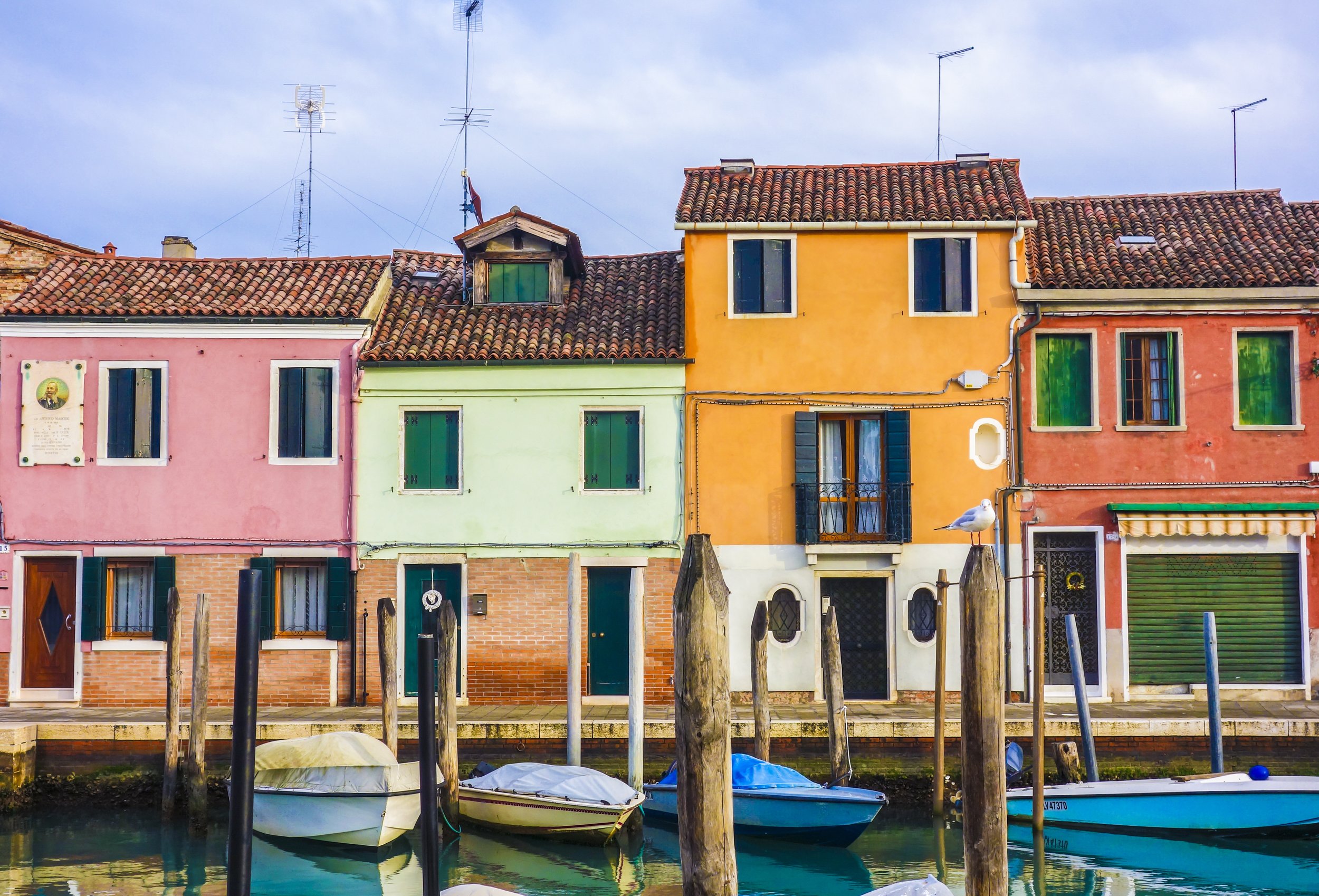Unless you’ve been camping in the Himalayas with no Wi-Fi you have seen the United video of the doctor being dragged off the plane. Google estimates 4 million hits almost every minute. That’s mind boggling. Needless to say, this has been a major wake-up call for passengers and the airlines alike. If you listen to the Beatles song “Ticket to Ride” you could come up with some clever lyrics substituting United. I'd love to hear from any song writer’s out there. Feel free to email me your lyrics.
So how could this all happen?
Well the practice of over booking has been around for a very long time. In the “old days”, it didn’t happen very often. However since the number of flights have been reduced and planes have been flying more fully booked, it was bound to catch up with the airlines and it did.
The culprit: airline overbooking. That was reported to be the underlying cause of the United disaster and is not clearly understood by the flying public. We expect the airline to sell 1 ticket for 1 seat. But no, if a plane has 190 seats, the airline can sell 200 tickets. "What?" you say, shaking your head. Yes, the airlines have done this, since the beginning of aviation. And it’s legal click here to read what the Department of Transportation (DOT) allows re over booking and bumping.
Why do the airlines do it? Isn’t it bad for PR and customer loyalty?
Well, airlines have been overbooking flights to compensate for the small—but consistent—number of passengers who fail to show up. (This happened more frequently when airline tickets were fully refundable) It had little repercussions then, when flights averaged about half-full. In the 1980s, as air travel increased, the airlines and the Feds came up with a solution: recruit volunteers who aren’t in a hurry to give up their seat, for a price based solely on negotiation. When that fails, then “involuntarily denied boarding” begins and airlines select which passengers to leave at the gate. (Airlines set their own criteria for bumping different categories of passengers).
For airlines, however, bumping has gotten more expensive. Five years ago, the DOT raised the penalties that airlines must pay to involuntary "bumpees." Even though a recent study shows airlines are bumping fewer passengers than they used to, the problem hasn’t gone away. Last year, 40,629 individuals were bumped off overbooked flights and 434,425 travelers gave up their seats, willingly for cash, in 2016.
What are your rights? Four times the value of the original tickets—is the amount required under tough new rules set by the DOT.
What’s the best way to avoid the bump? First, it helps to know how airlines decide which fliers to boot. The DOT says that, based on the cases it’s seen and the airlines’ own customer service policies, those most likely to get bumped fall into the following categories:
- Last to check in
- Paid the lowest fare
- Don’t have an advance seat assignment
Airlines are reluctant to offend their most loyal passengers, so elite members of their frequent-flier programs are least likely to be involuntarily bumped. Before you volunteer to accept an airline’s offer of a free ticket in exchange for giving up your seat, be sure to inquire about any restrictions. Are there blackout dates? Can the voucher be used only on a space-available basis? Is it transferable? Does it expire? Could you get bumped when flying on a voucher? (You already know the answer to that).
Got that voucher? Let's turn it into a great new vacation!







Enjoy reading my blog? Sign up for my newsletter to be a We Make Travel Easy travel insider.

